Futures Incubator
Experimenting with VR, AI & data tools for speculative prototyping

We stand at a critical juncture in the cultural sector, characterized by rapid digitalization, geopolitical instability, and climate crises. This workshop posits that foresight is an essential scholarly and practical competency. Moving beyond theoretical discourse, The Cultural Futures Incubator offers a unique participatory environment for speculative prototyping and scenario-building. Participants will engage in hands-on collaboration with emergent technologies—including VR, predictive geo-visualization, and AI authentication tools—to model, stress-test, and refine viable strategies for a resilient and equitable cultural future.
Participants will select one of three dedicated incubation sprints for intensive, hands-on development. Each sprint is designed to translate theoretical challenges into tangible prototypes that engage participants in creative explorations to encounter core tensions:

The prototyping phase will culminate in a plenary session dedicated to critical reflection. This dialogue aims to synthesize the practical findings from the prototypes with wider epistemological concerns, creating a collaborative forum to design innovative future solutions:
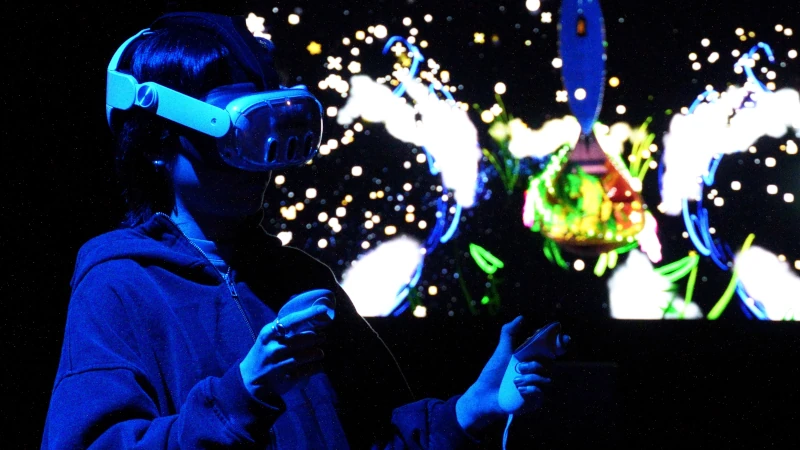
This Sprint propels participants into a speculative design process centered on the reinterpretation of cultural heritage. Moving beyond passive observation, the sprint engages creators with high-fidelity, 3D-scanned museum artefacts within an immersive virtual reality environment. The core challenge is to prototype future narratives through a "second creation" methodology, where these digital objects become canvases for artistic intervention and imaginative storytelling. Participants will not merely analyze but actively re-imagine historical artefacts by painting and designing directly onto their virtual forms. This act of digital remediation is framed as a critical design probe, challenging conventional notions of material authenticity and curatorial authority. The process prioritizes artistic imagination as a vital tool for exploring the dialogue between the tangible past and the intangible digital future. Through collaborative development, participants will weave their individual creations into a cohesive, speculative digital artifact. The final output is a prototype imbued with a defined curatorial narrative–a new heritage object born from the fusion of historical source and contemporary perspective.
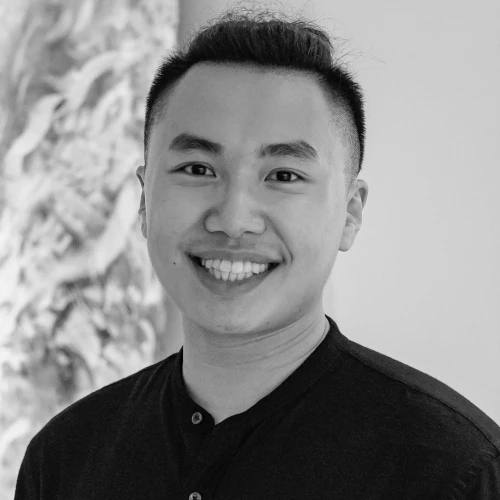
Benedict Yu is a Visceral Reality Artist, mixed reality educator, and affective reality researcher working at the intersection of art, technology, and spirituality. Based between Singapore, Taiwan, and the EU, he creates virtual sanctuaries and immersive spaces designed to foster communal healing and self-reflection, particularly for unseen and marginalized communities worldwide. Yu's artworks and projects are held in major collections such as Apple Developer Centre, Mapletree Investments Singapore, Mediacorp Singapore, the Courtois Collection (Paris), and GAW Capital (Hong Kong). His projects have been presented at renowned institutions and venues, including the New Arts Museum Singapore, Asian Civilisation Museum, SomoS Berlin, Zwölf Apostel Kirche Berlin, the Courtois Collection Paris, Marina Bay Sands, Gardens by the Bay, the National Museum of Singapore, the National Design Centre, Gillman Barracks, Gajah Gallery, and Fondazione Opera Campana dei Caduti.
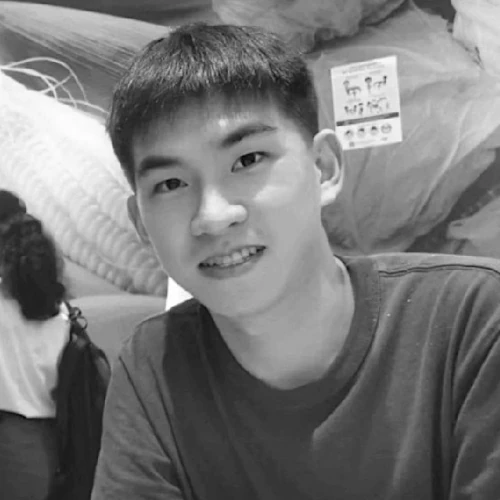
Dr Rulin Chen is currently an Assistant Professor at the School of Culture and Creativity, BNBU. Prior to joining BNBU, he was a postdoctoral researcher at the Computer Graphics Laboratory, Singapore University of Technology and Design, under the supervision of Prof. Peng Song, where he also received his doctoral degree in 2024. Prior to that, he earned his bachelor's degree from Shantou University in 2020, supervised by Prof. Chuliang Wei. During 2019 to 2020, he was a research intern at CUHKSZ under the supervision of Prof. Zhenglong Sun. His research lies at the unique intersection of computer graphics and physical art/design. His work has been published in top venues in computer graphics, including SIGGRAPH, TOG, and TVCG. His Ph.D. thesis was nominated to SUTD Best Ph.D. Thesis Award and he received the SIGGRAPH 2022 Best Paper Honorable Mention Award.
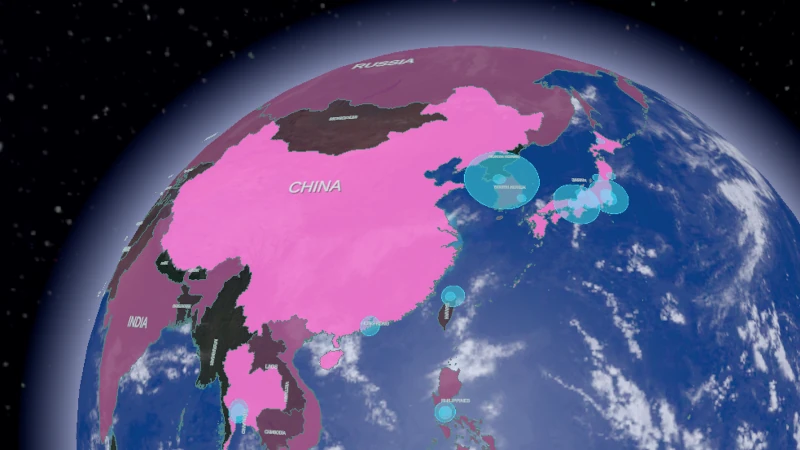
This Sprint investigates the frontier of human-AI collaboration in forecasting cultural trends. Utilizing the Hallyu Tracker–an AI-enabled geo-visualization platform–participants will navigate multivariate datasets mapping the transnational dissemination of the Korean Wave. The core challenge transcends mere data analysis; it is to prototype a predictive model for a subsequent cultural phenomena by strategically integrating computational power with human intuition.The workshop directly confronts the "big data paradox," where overwhelming information can obscure true insight. Participants will engage with AI tools like K-Means Clustering and Relationship Mapping, which identify non-obvious correlations and behavioral clusters across global markets. However, the focus is on exploring where these algorithmic trends fall short. We will probe how intangible human knowledge–grasp of local nuance, understanding of emergent social narratives, and creative foresight–can interpret, challenge, and overcome raw data outputs. The process frames AI as a collaborative partner that surfaces patterns, while positioning human intuition as the essential engine for contextualization, strategic questioning, and meaning-making. The final output is a projected cultural diffusion model that not only identifies key drivers and nodes but also explicitly documents the points where human interpretation overrode or creatively augmented the AI's findings.
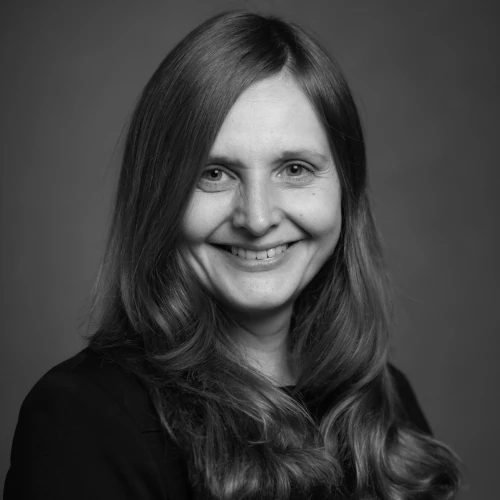
Dr Natalia Grincheva is a leading Digital Humanities scholar and practitioner who specializes in data-driven cultural policy and diplomacy. Her work actively shapes the emerging field of digital statecraft, bridging the gap between cultural insight and data-driven governance. Her career spans from foundational work on the UNESCO's 2005 Convention to pioneering the Data To Power platform, developed for academic inductive research to facilitate the exploration of complex global phenomena through data visualization, mapping, and interactive data storytelling. She is the author of three monographs Geopolitics of Digital Heritage (Cambridge University Press: 2024), Museum Diplomacy in the Digital Age (Routledge: 2020) and Global Trends in Museum Diplomacy (Routledge: 2019). Now she is working on a new monograph, Digital Soft Power of Heritage Media, forthcoming with Cambridge University Press.

The Sprint moves beyond theoretical debate to actively prototype the ethical and economic frameworks for a hybrid creative future. This workshop introduces a novel digital certification tool that audits and quantifies the proportion of human and algorithmic input within a collaborative artwork. The central challenge is to leverage this calculable data to redefine core principles of authorship, authenticity, and value.Participants will experiment with this tool to dissect the creative process, making visible the distinct contributions of human artistic intention and AI-generated material. This moves the discourse from vague speculation to grounded analysis, asking: how does a measurable AI contribution reshape our understanding of artistic creation? The sprint focuses on how these forces complement, rather than compete, demonstrating a synergy where human curation guides algorithmic potential to reimagine creative frontiers.Working collaboratively, participants will use their audited creations as case studies to prototype a governance and valuation framework for this new artistic paradigm. The output is a provisional ethical charter and value model that translates these calculated collaborations into principles for fair attribution, equitable remuneration, and authentic expression.
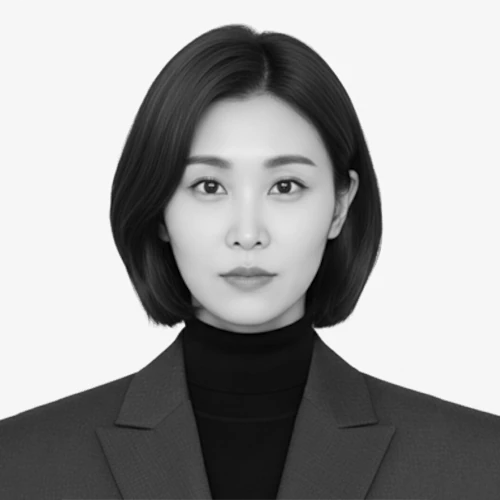
Mika (Jaeyun) Noh is a cultural policy strategist and AI art specialist with a background spanning government, technology, and the arts. She is currently the Chair of the AI Art Forum (AIAF), where she leads international discourse on ethical AI, cultural infrastructure, and generative creativity. She has previously served as Legislative Director at the National Assembly of the Republic of Korea and the Ministry of Culture, Sports and Tourism on national cultural and digital governance policies. She has published widely, including in ENCATC Magazine, Harvard Art Law Organization, and Artsy, she writes on cultural policy and the global art market. Mika also directs digital strategy and institutional partnerships at Niio Art, a global media art platform, and is the founder of Space Ba, a curatorial studio advancing cross-sector collaborations across urban regeneration, public institutions, and media art. Holding a Master’s degree in Arts Management from Korea National University of Arts and a Law degree from Ewha Womans University, she integrates creative leadership with legal and policy expertise to foster inclusive and innovation-driven cultural ecosystems.